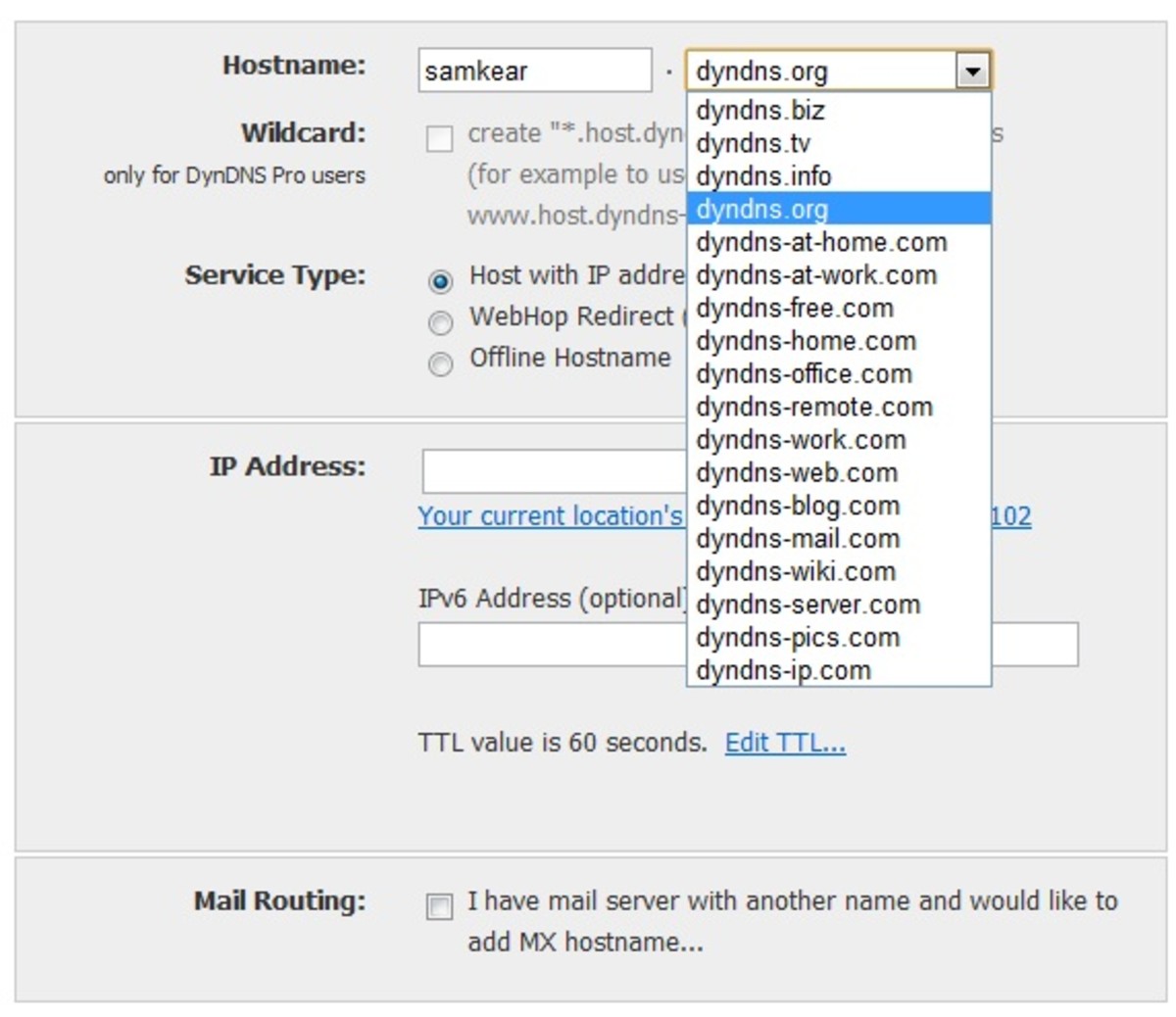URL shortening
URL shortening is a procedure that makes it possible to convert a long uniform resource locator into shorter abbreviation that redirects to the original address (URL). The first URL shortening service was TinyURL which started in 2002 and was developed by Kevin Gilbertson to shorten the URLs on his unicyclist website. More recent URL shorteners include Bitly, X.co, and goo.gl. A shortened URL may come in handy for messaging technologies that restrict the number of characters in a message, and for limiting the amount of time needed to copy a web address from paper. URL shortening may also be used to conceal the actual address or to make a link visually appealing.
URL shortening also has commercial applications. By the end of the year 2009, the links shortened by the online service, Bitly had been used more than two billion times and according to a report published by the same company, branded short URLs are key drivers of brand visibility, appeal and can increase click-through rates by as much as 34percent. A similar study carried out by rebrandly.com suggests that CTR (click through rates) can be enhanced by nearly 50 per cent through the use of short URL branding. Branded Short URLs Generator can be used for the similar purpose.
How it works
In essence, the website that provides the shortening services such as bit.ly is used as a place holder. Bit.ly then creates a random key for the user which cannot be duplicated. There isn’t any particular programming language used. The shortening service simply uses a URL redirect through HTTP headers.
As of the year 2011, not all protocols could be shortened. JavaScript and data: uniform resource locators are not supported for purposes of security. There are a few shortening services that allow for forwarding of email to URLs as a replacement for address munging. This is meant to prevent unauthorized access to information by bots or WebCrawler software.
URL shortening services typically register domain names with less known top-level domains in an effort to achieve a shorter URL and appealing name, normally through hacking the domain. The result is the registration of various URL shorteners from numerous countries with no connection between the country of registration and the actual URL shortening service. The top-level domains of countries such as Samoa (.ws), Malaysia (.my), and Mongolia (.mn) are just some of the domains that have been used. In a few scenarios, the cultural or political values of the countries that own the top level domain may be a source of contention for between the owners and users. Fortunately, such events are rare.
URL shortening services may employ Unicode characters in order to shorten the URLs as much as possible. The service providers also record the traffic generated by their shortened URLs. These statistics are at times free for public viewing and make useful SEO and marketing analysis tools. URL shortening service Providers may claim that the shortened URLs they provide never expire. However, a permanent URL may not really be a blessing. URL shortening comes with significant security implications and unused uniform resource locators that remain functional may be circulated even after they aren’t needed.
The ability to disguise a destination address is important for many personal and legal reasons, but it is often used in the wrong way. Quite a number of URL shortening services have been blocked by users because they are used to divert web traffic to sites that have already acquired a negative reputation. Tinyurl was reportedly banned in Saudi Arabia in the year 2009 and major sites such as Wikipedia and Reddit prohibit or discourage the use of shortening services because they conceal original domain names. Though this may be the case, URL shortening services remain an indispensable marketing tool, provided that they are used the right way.
© 2017 Sonal






